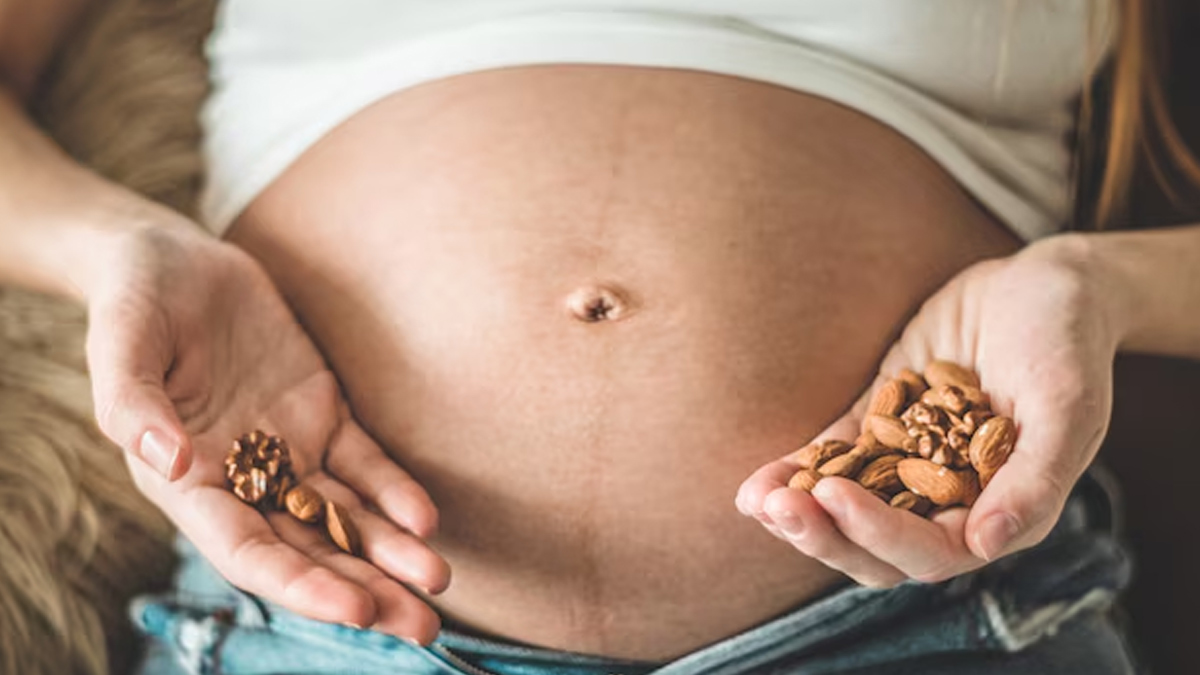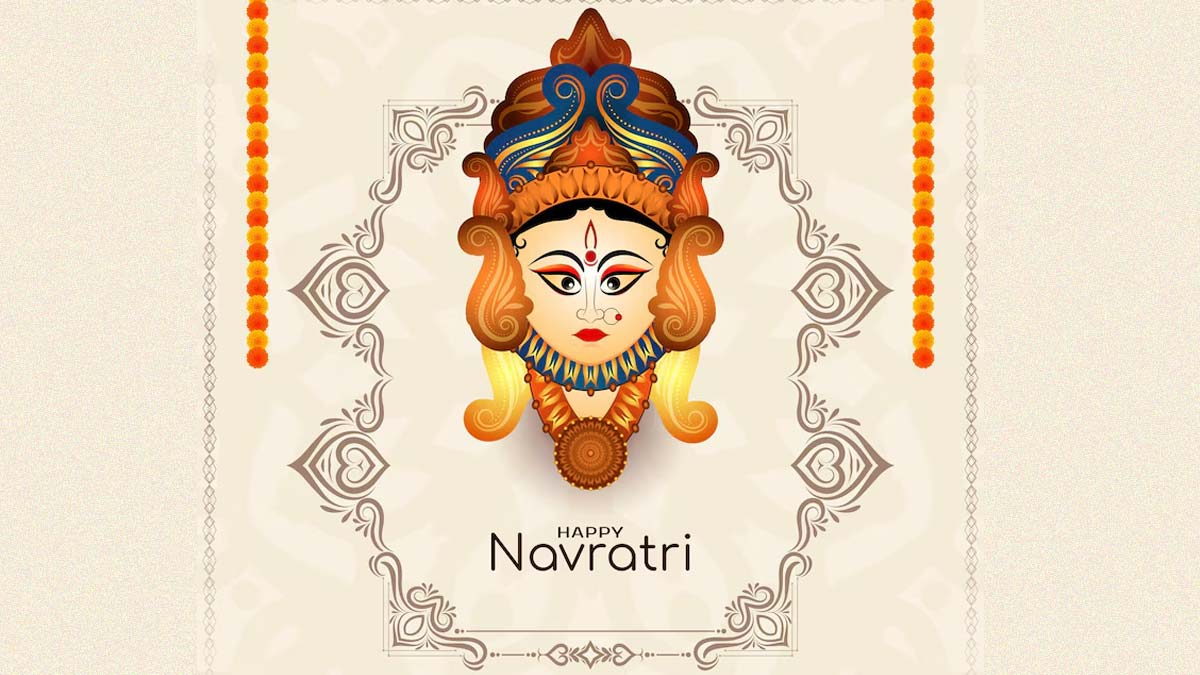As the vibrant festival of Navratri approaches, many of us look forward to celebrating with fasting, prayers, and family gatherings. However, for pregnant women, this festive season can present some unique challenges. While fasting is often seen as a way to purify the body and mind, it’s crucial to prioritise the health of both you and your growing baby. We spoke to our expert Dr Archana Batra, Dietician and a Certified Diabetes Educator, who listed some useful tips to help you enjoy the festivities while keeping your well-being in check when pregnant.
Importance of Nutrition
“Pregnant women require a balanced diet rich in nutrients to support the developing foetus. During Navratri, it’s crucial to ensure that fasting does not compromise your nutritional intake. Instead of complete fasting, consider modifying your diet to include healthy, nutrient-dense foods,” said Dr Batra.
According to the International Journal of Health Policy and Management, Fasting during pregnancy can lead to “accelerated starvation” for the mother and potential harm to the foetus. Initially, foetal undernutrition may prompt developmental adaptations that enhance short-term survival. However, these adaptations can negatively impact the foetus’ overall growth and contribute to long-term health issues, including kidney diseases, type 2 diabetes, and coronary heart disease later in life.
Navratri Fasting Tips Every Pregnant Woman Should Know
Opt for Safe Fasting Options

“Instead of abstaining from food entirely, pregnant women can adopt alternative fasting practices, such as partial fasting or fruit fasting. You can add easily digestible foods like fruits, nuts, and yoghurt to your diet. These options provide essential vitamins and minerals while keeping energy levels stable,” said Dr Batra.
- Fruits: Bananas, apples, and pomegranates offer vitamins and fibre
- Nuts: Almonds and walnuts are excellent sources of healthy fats and protein
- Dairy: Yoghurt or paneer can be good sources of calcium and protein
Stay Hydrated
Hydration is crucial, especially during pregnancy. While fasting, it’s vital to drink plenty of fluids. According to a 2023 study, water plays a crucial role in nutrient metabolism, as it is vital for digestion, absorption, circulation, and excretion of nutrients. During pregnancy, the body’s need for food and energy increases, which also necessitates a higher intake of water.
Herbal teas, coconut water, and fresh fruit juices are fantastic choices that not only quench your thirst but also add some extra nutrients to your day. However, refrain from consuming caffeinated drinks, as they can dehydrate you.
Monitor Energy Levels

“Pregnancy can often bring about fatigue, and fasting may exacerbate this. Hence, pay attention to your energy levels and be mindful of how fasting affects your body. If you feel excessively tired or lightheaded, it’s essential to break your fast and nourish yourself. Prioritise your well-being and the health of your baby above all else,” added Dr Batra.
Choose Nutrient-Rich Foods for Your Meals
When breaking your fast, focus on nutrient-dense foods that provide sustained energy. You should opt for whole grains, lentils, vegetables, and healthy fats. Here are some examples of what to include in your meals:
- Whole grains: Quinoa, Brown rice and whole wheat chapati
- Lentils and legumes: Packed with protein and fibre, they help maintain energy levels
- Vegetables: Leafy greens, carrots, and sweet potatoes are loaded with vitamins and minerals
Avoid Processed Foods

While fasting, it may be tempting to rely on processed or packaged foods for convenience. However, these often contain added sugars, unhealthy fats, and preservatives, which can be detrimental during pregnancy. Instead, prioritise whole, unprocessed foods to provide your body with the essential nutrients it needs.
Plan Your Meal Timings
During Navratri, plan your meals around your fasting schedule. “Set regular meal times to ensure you’re not going long periods without nourishment. Eating smaller, more frequent meals can help maintain energy levels and prevent discomfort. Consider incorporating light snacks like fruit or yoghurt between your main meals,” advised Dr Batra.
Seek Support
“Fasting during pregnancy can be challenging, so don’t hesitate to seek support from family and friends. Share your intentions and plans with them, and let them know how they can help. They may offer to prepare meals or accompany you during prayers and celebrations, making the experience more enjoyable and less stressful,” highlighted Dr Batra.
[Disclaimer: This article contains information provided by an expert and is for informational purposes only. Hence, we advise you to consult your own professional if you are dealing with any health issues to avoid complications.]
